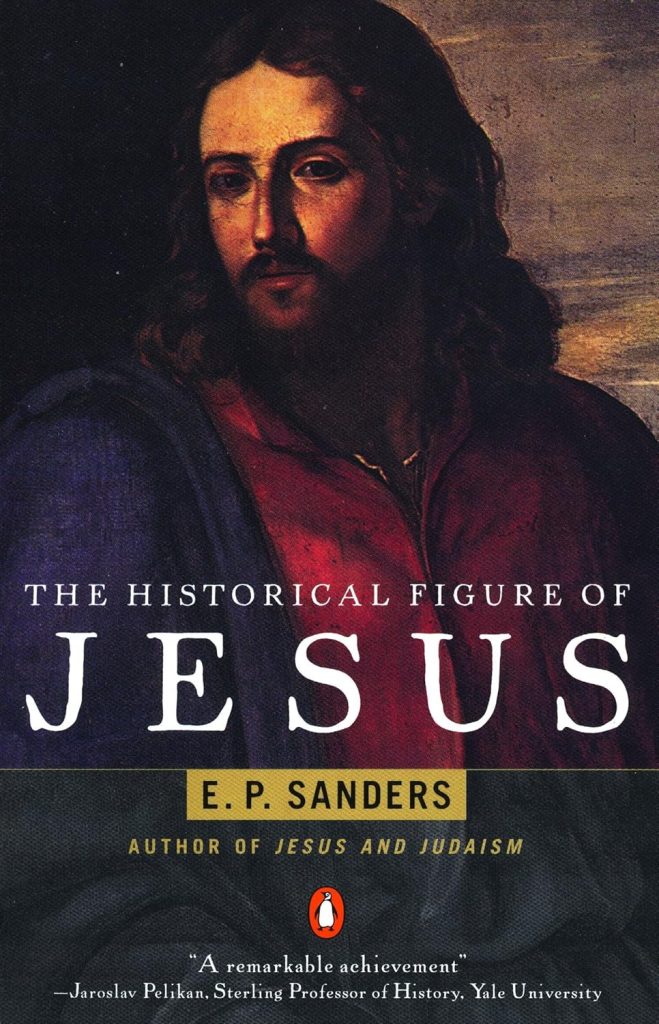by E. P. Sanders
–
E. P. Sanders gives a careful historian’s explanation of the context in which Jesus lived. He leans more into the actions than the words of Jesus.
In a chapter titled “External Sources,” Sanders gives examples on the life of Jesus from non-Christian literature and the use of astronomy. Readers will gain more clarity on the world of the Near East in the Roman world, along with the nature of Judaism of that era.
More directly, the chapter on “The Setting and Method of Jesus’ Ministry” reveals the immediate environments of Capernaum, Galilee, itinerancy and companions.
The next chapter expands on the beginnings of Jesus’ ministry and ends with, “We are now ready to take up the most substantive aspects of Jesus’ ministry: miracles and his message about the kingdom of God.”
The “miracles” chapter is especially revealing in regard to the culture of the day and the effect on Jesus’ followers. The extensive treatment of the “kingdom” grapples significantly with Jesus’ worldview.
This isn’t a particularly theological work but there are obvious theological implications.
John Collins of the University of Chicago deemed this 1993 book “an excellent textbook for undergraduates” that is also “useful for graduate students and scholars as a convenient synthesis of the views of a major New Testament scholar.”
Serious followers of Jesus will find it sheds light for their pilgrimages. Bible study teachers might find it enhances and, perhaps, updates their commentaries for their lessons on the Gospels.
In the chapter titled “The Kingdom: Reversal of Values and Ethical Perfectionism” Sanders writes: “Jesus’ particular kind of perfectionism goes very well with his view that in the kingdom many human values would be reversed.”
“The kind of perfection Jesus had in mind was suitable for the poor and the poor in spit: the perfection of mercy and humility,” Sanders continues. “Jesus also, of course, wanted his hearers to be moral in the normal sense of the word (honest and upright), but the main aspect of God-like perfection was mercy he displayed by being gentle and loving toward others, including sinners.”
Review by Tom Prevost, retired minister and mission administrator in Chattanooga, Tenn.

